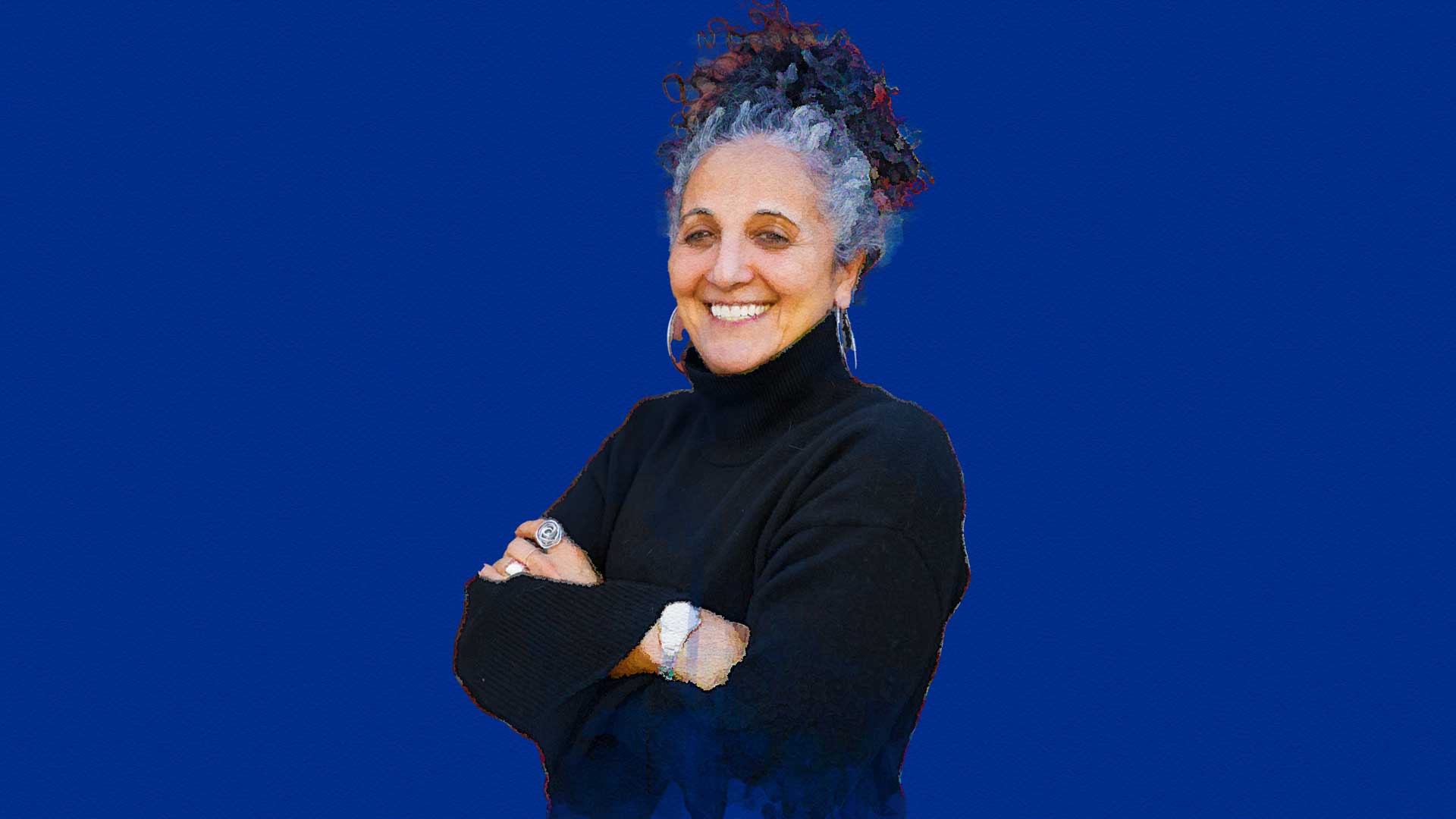When did you begin at D-E, and how have you come into the role you currently hold?
I started in 2015 as an Upper School Dean for the Class of 2019. After the Class of 2019 graduated, I spoke to administrators about some needs the School had, and that led to the creation of the Human Development Department. It felt like a really great fit. My first year was the first year of the 9th Grade Seminar, and there was a real focus on supporting students beyond their academic lives. We need to support them as the whole people that they are. Now, as the Director of Social and Emotional Learning (SEL), I am thrilled to get to work with all the grades in the Upper School in these areas. I’m really excited about how the program has expanded, from adding the 10th Grade Seminar to creating an 8th Grade mentor program in addition to the 7th Grade SAGE (Supporting Adolescent Group Experiences) program led by Vicky Frankel from D-E’s English Department faculty.
There’s so much research on the benefits of peer mentoring, and I see it happen in real time with SAGE and our Peer Mentoring Program. Not only are the mentees getting to talk to older kids, but the mentors foster a sense of empowerment and leadership which, I think, creates a stronger school culture.
Additionally, I meet regularly with the USAT (Upper School Administrative Team) and SST (Student Support Team) to advocate for students’ wellbeing and collaborate on our priorities for serving our Upper School students. I work closely with the grade-level deans to figure out their grade needs and what would be good solutions to serve those needs. That student-administration connection feels really important to me, and there’s opportunity for more progress on a systems level.
What is the structure of SAGE and Peer Mentoring? How are they different?
SAGE is a weekly mentoring program for selected juniors and seniors who work with an advisory of 7th graders in groups of two or three. SAGE leaders see the 7th grade advisories weekly for 40 minutes, and it’s a bit more structured to meet the 7th graders’ stage of development. Our peer mentors meet with their 9th grade advisories every other week for 20 minutes.
For both SAGE and peer mentoring classes, we focus on what it means to facilitate a group. So whatever activity we do with the 7th graders or 9th graders, we first model it ourselves. We always do a reflection on how the activity went and what ways we can adjust, and our curricular model gives a lot of agency to our student leaders.
Both programs focus on breaking the ice in group dynamics, conflict resolution, restorative practices, and so on. A lot of what we talk about has to do with navigating relationships, whether peer-to-peer or student-to-teacher. Even writing emails can be challenging! Our Peer Mentoring Program is a great way for 9th graders to get advice on getting through the Upper School, and it’s wonderful to see new relationships blossom from these programs.
Describe how the “Girl-to-Girl” course came about and how you create programming that is responsive to students’ feedback and needs.
Our Girl to Girl, Across Continents minor course came about because I was talking a lot with students about what it’s like to be a girl on campus here at D-E and more broadly about issues that girls and women face. The course is open to everyone, but so far it has been mostly girls who take it. In the beginning of the year, we discuss what we want to focus on and then figure out the research we’d like to do and how we might make it a culminating project. I had some connections with women from Afghanistan, and in the first year we focused on learning about our similarities and differences. We interviewed a lot of women from Afghanistan, and they shared their experiences about what it’s like to be a girl or woman in their country, specifically related to access to education. We’ve also met with Danish students, and we plan to speak with girls from other countries in the future.
Last year’s group wanted to initiate conversations with the broader community about what issues and experiences were happening on campus, so they held four or five luncheons and had some really thoughtful conversations. They ended the conversations with how they could have more solidarity and better support each other when there are opportunities to do so. They’ve been hosting what they call Big Phat Playdates, which serve as informal spaces to chat, watch movies, and make crafts. It’s been really refreshing, and the students are responding well to it.
On our extracurricular side, we have clubs like My Mind Matters, One Love, and Generation SOS that deal with mental health, healthy relationships, and substance abuse prevention, respectively. They’re all student-driven, and it’s all topics that relate to the work we do.
I’m really interested in creating more scaffolding within the institution where we can have more of these conversations about DEI work and social-emotional learning and receive feedback from students about what we could be doing better.

